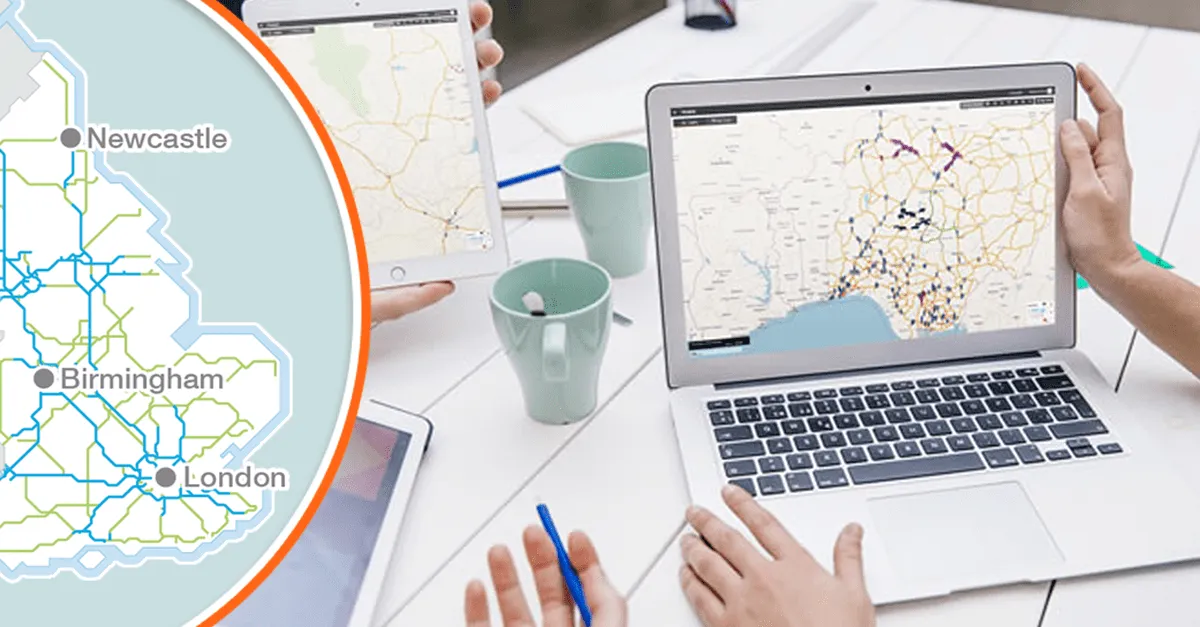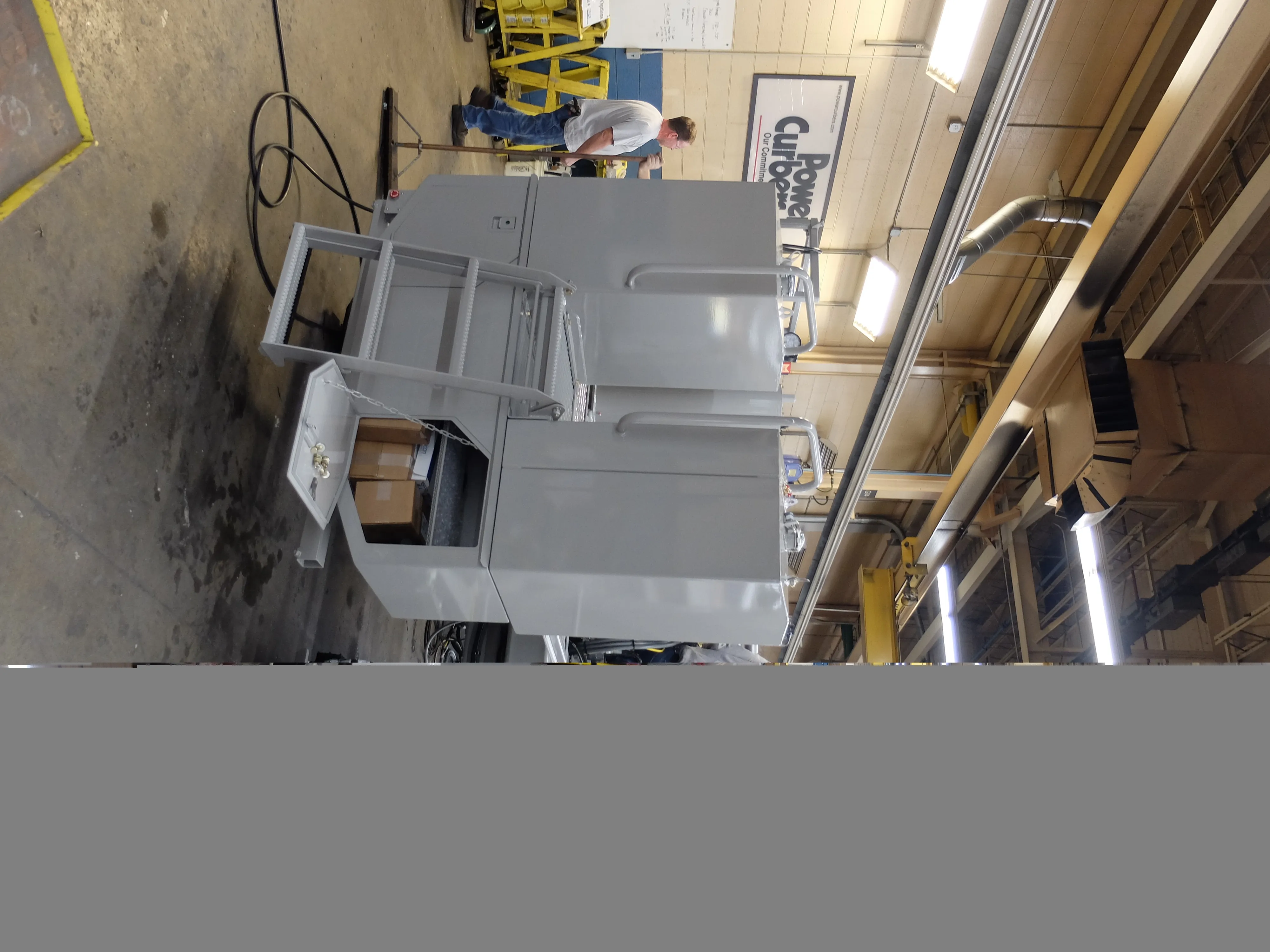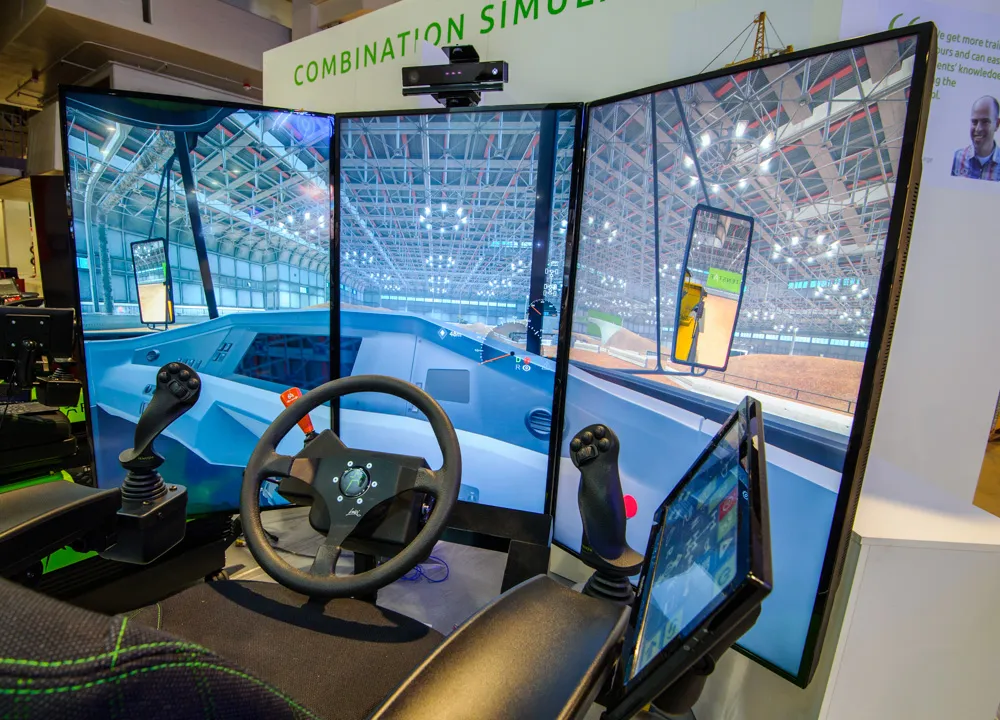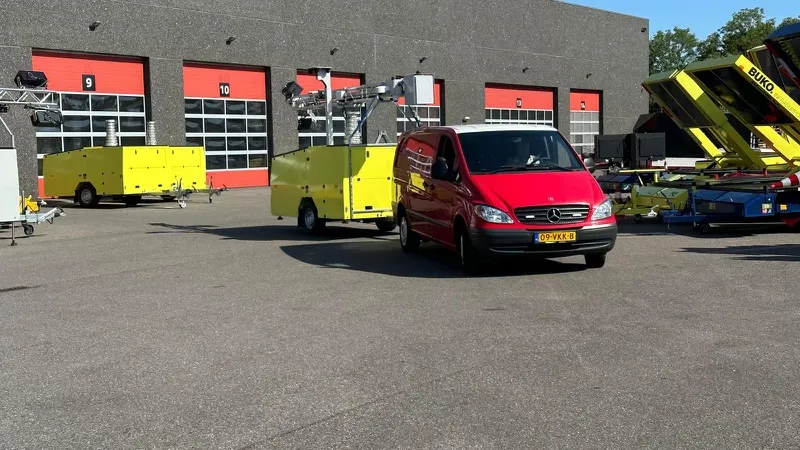In the UK, TRL is introducing a sophisticated driving simulator that will help with developing transport infrastructure as well as research into driving. This advanced system is intended to assist in driving future transport policy, customer safety and road network performance.
The new simulator can be used for behavioural research into driving and can be used as a validation tool. The complete simulator package features three main systems as it consists of the new full size DigiCar, a portable version (Mi
July 4, 2018
Read time: 4 mins

In the UK, 777 TRL is introducing a sophisticated driving simulator that will help with developing transport infrastructure as well as research into driving. This advanced system is intended to assist in driving future transport policy, customer safety and road network performance.
The new simulator can be used for behavioural research into driving and can be used as a validation tool. The complete simulator package features three main systems as it consists of the new full size DigiCar, a portable version (MiniDigiSim) and a HGV driving simulator (DigiTruck).
The DigiCar simulator uses a Peugeot 3008 SUV, a common model on the UK road network. The engine of the vehicle has been removed, with a sophisticated computing package installed instead in the engine bay. Meanwhile the suspension system has also been replaced by a series of actuators to simulate motion for the user.
Ryan Robbins, senior human factors researcher at TRL explained, “It runs at a high frequency, recording data at 20Hz. The simulator is recording every interaction between the driver and the vehicle. It lets you drill down into any aspect of driver performance.”
Dr Paul Jackson, head of impairment research at TRL said, “We are confident you can take the results from the simulator and translate to the road.”
An eye tracker system also comes as part of the package, which can determine where the eye is looking and according to TRL, the system can even be set to record EEG data so as to measure the test subject’s heart rate and blood pressure so as to determine stress levels.
The driving sensation is enhanced by a combination of the actuators in place of the suspension system and large speakers to generate noise. A screen with a 210° field of view is placed at the front of the vehicle while smaller screens are located behind the vehicle, simulating the driver’s field of view from behind the wheel. The actuators respond to where and how the vehicle is being driven in the system and Robbins said, “This simulates acceleration and deceleration.”
TRL is looking to assist with the development of the Lower Thames Crossing for example. This will allow the developers to examine different alternative designs for the project, while locals will be able to see how the project will look from behind the wheel. Robbins said, “One of the things we’re interested in is using the system at the consultation phase.”
The designers can assess how drivers will respond to a road design layout and can focus on particular categories of road users. For example TRL has used social media to invite truck drivers to special sessions so as to assess the visibility of new signage systems at various locations on the UK road network. This system allows locals to check all options for example. Robbins explained, “We can get a lot of data from the simulation.”
The system can also be used to determine driver distraction or to assess factors such as hazard perception. When employed in driver training it can be used to teach drivers how to be pro-active rather than reactive in responding to the driving environment.
The simulator is said to provide an immersive experience and includes road surface simulations, such as a rumble strip, speed bumps and a variety of weather conditions. According to TRL, its new simulator can also play a key role in validating and facilitating the growth of connected and automated systems worldwide. The system will allow users, including manufacturers, technology companies, research institutes and city planners to safely trial the impact of advanced driving-assistance systems (ADAS) in real-life scenarios.
Robbins added, “With the majority of vehicle manufacturers now investing in connected and autonomous technology, DigiCar provides a safe and controlled environment for validation trials. Using a simulator is a cost-effective and time-efficient alternative to acquiring a fleet of vehicles and running labour-intensive trials. The continued evolution of the TRL DigiCar will enable us to gain a greater understanding of the impact innovative mobility technologies will have on our transport system.”
The new simulator can be used for behavioural research into driving and can be used as a validation tool. The complete simulator package features three main systems as it consists of the new full size DigiCar, a portable version (MiniDigiSim) and a HGV driving simulator (DigiTruck).
The DigiCar simulator uses a Peugeot 3008 SUV, a common model on the UK road network. The engine of the vehicle has been removed, with a sophisticated computing package installed instead in the engine bay. Meanwhile the suspension system has also been replaced by a series of actuators to simulate motion for the user.
Ryan Robbins, senior human factors researcher at TRL explained, “It runs at a high frequency, recording data at 20Hz. The simulator is recording every interaction between the driver and the vehicle. It lets you drill down into any aspect of driver performance.”
Dr Paul Jackson, head of impairment research at TRL said, “We are confident you can take the results from the simulator and translate to the road.”
An eye tracker system also comes as part of the package, which can determine where the eye is looking and according to TRL, the system can even be set to record EEG data so as to measure the test subject’s heart rate and blood pressure so as to determine stress levels.
The driving sensation is enhanced by a combination of the actuators in place of the suspension system and large speakers to generate noise. A screen with a 210° field of view is placed at the front of the vehicle while smaller screens are located behind the vehicle, simulating the driver’s field of view from behind the wheel. The actuators respond to where and how the vehicle is being driven in the system and Robbins said, “This simulates acceleration and deceleration.”
TRL is looking to assist with the development of the Lower Thames Crossing for example. This will allow the developers to examine different alternative designs for the project, while locals will be able to see how the project will look from behind the wheel. Robbins said, “One of the things we’re interested in is using the system at the consultation phase.”
The designers can assess how drivers will respond to a road design layout and can focus on particular categories of road users. For example TRL has used social media to invite truck drivers to special sessions so as to assess the visibility of new signage systems at various locations on the UK road network. This system allows locals to check all options for example. Robbins explained, “We can get a lot of data from the simulation.”
The system can also be used to determine driver distraction or to assess factors such as hazard perception. When employed in driver training it can be used to teach drivers how to be pro-active rather than reactive in responding to the driving environment.
The simulator is said to provide an immersive experience and includes road surface simulations, such as a rumble strip, speed bumps and a variety of weather conditions. According to TRL, its new simulator can also play a key role in validating and facilitating the growth of connected and automated systems worldwide. The system will allow users, including manufacturers, technology companies, research institutes and city planners to safely trial the impact of advanced driving-assistance systems (ADAS) in real-life scenarios.
Robbins added, “With the majority of vehicle manufacturers now investing in connected and autonomous technology, DigiCar provides a safe and controlled environment for validation trials. Using a simulator is a cost-effective and time-efficient alternative to acquiring a fleet of vehicles and running labour-intensive trials. The continued evolution of the TRL DigiCar will enable us to gain a greater understanding of the impact innovative mobility technologies will have on our transport system.”









